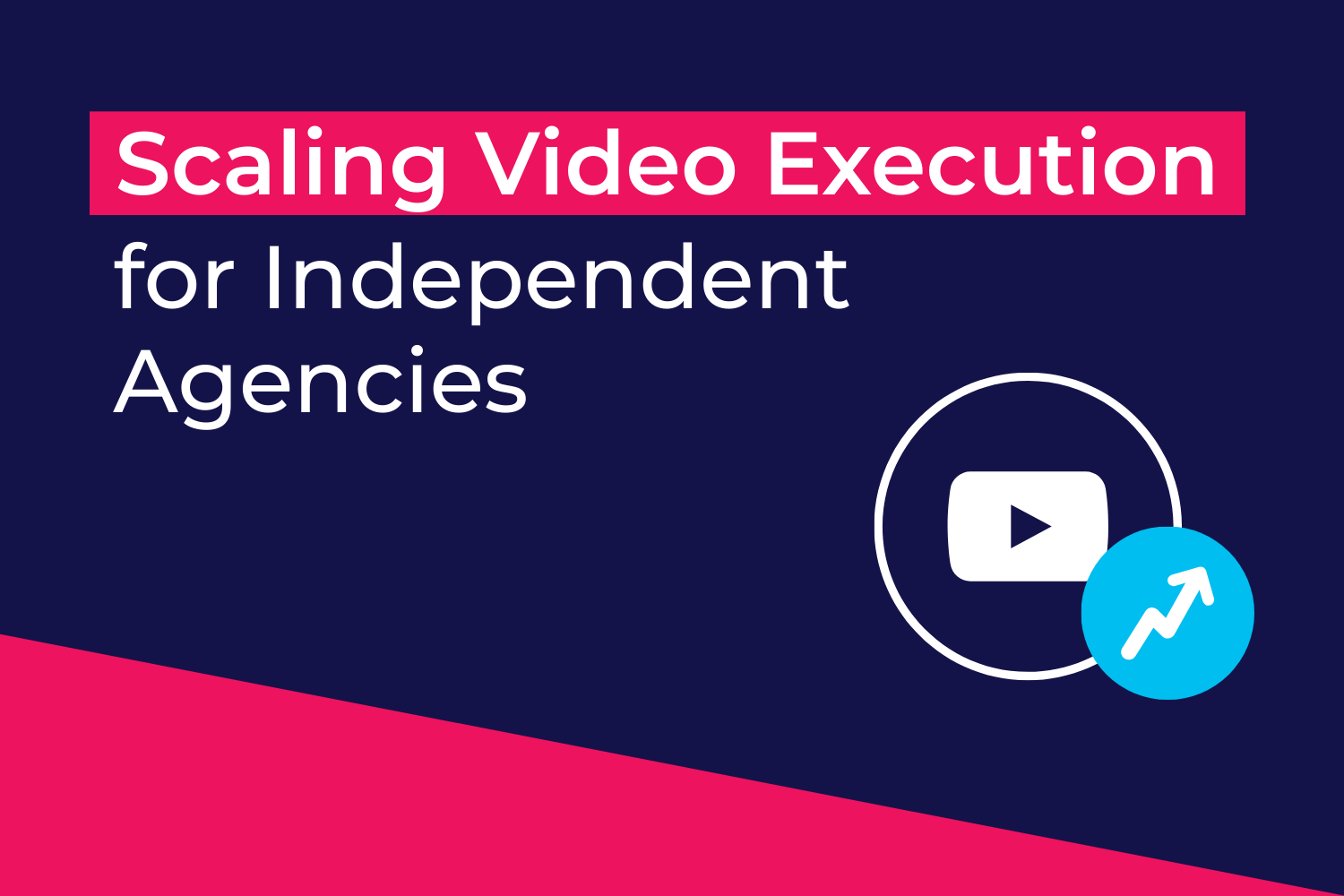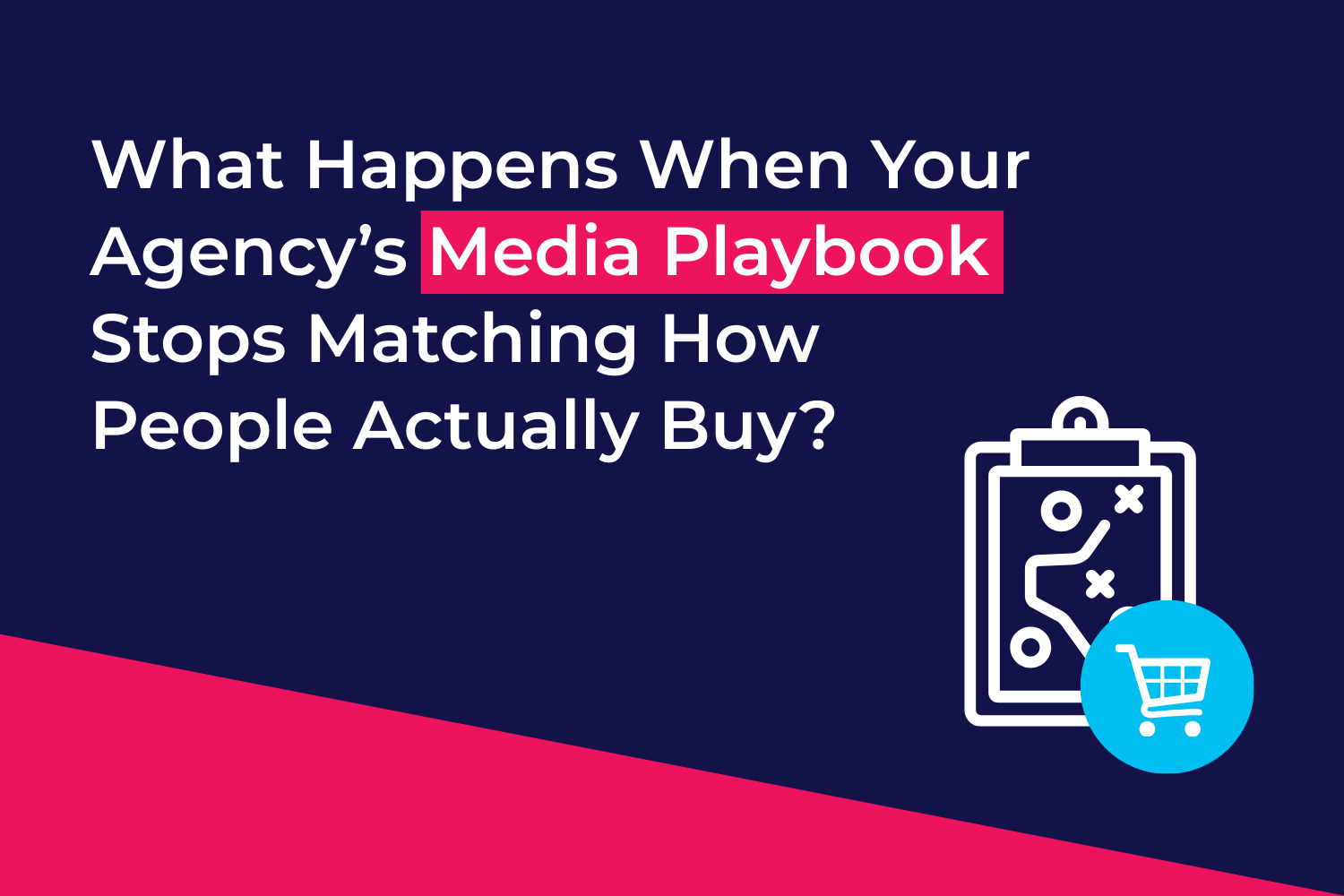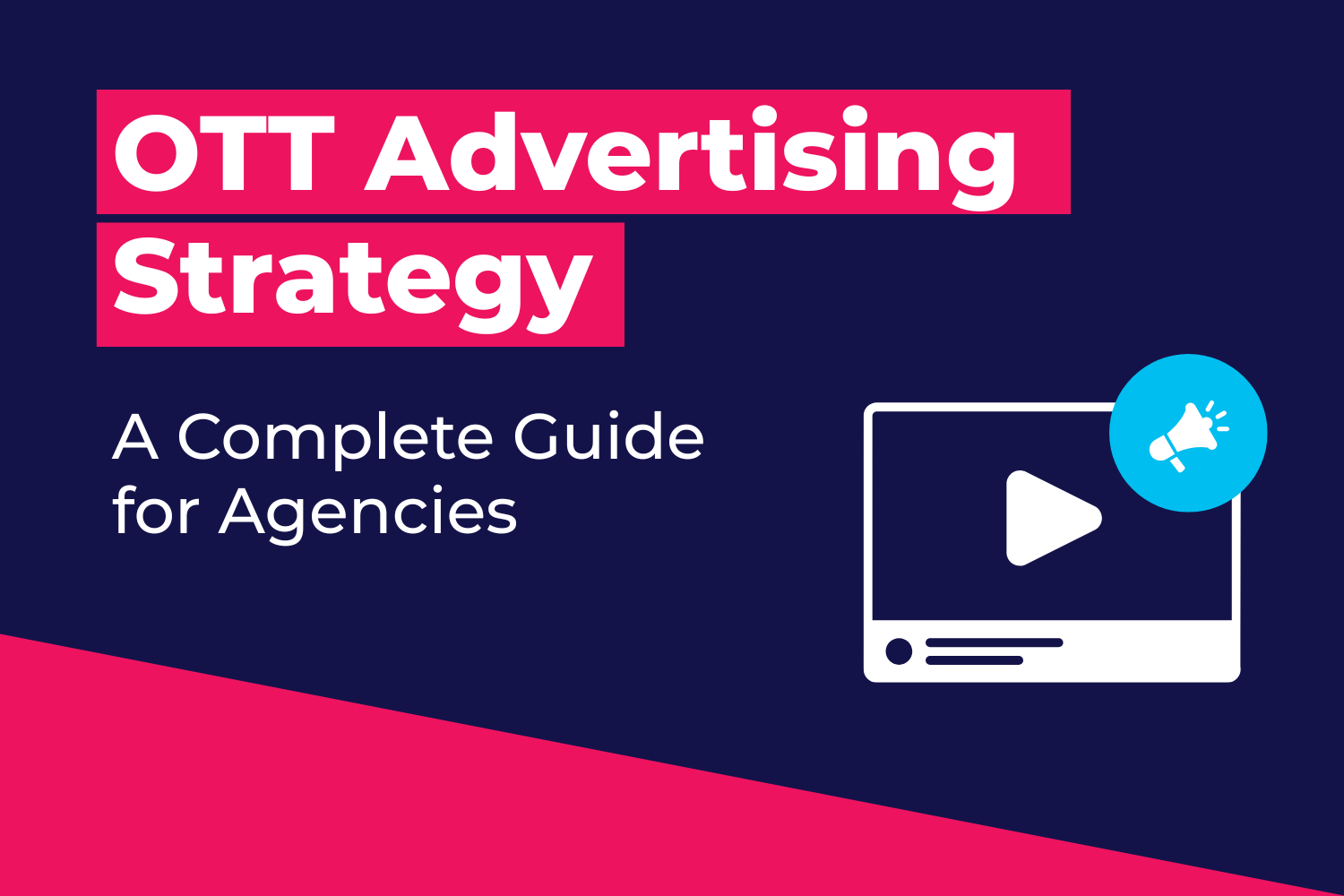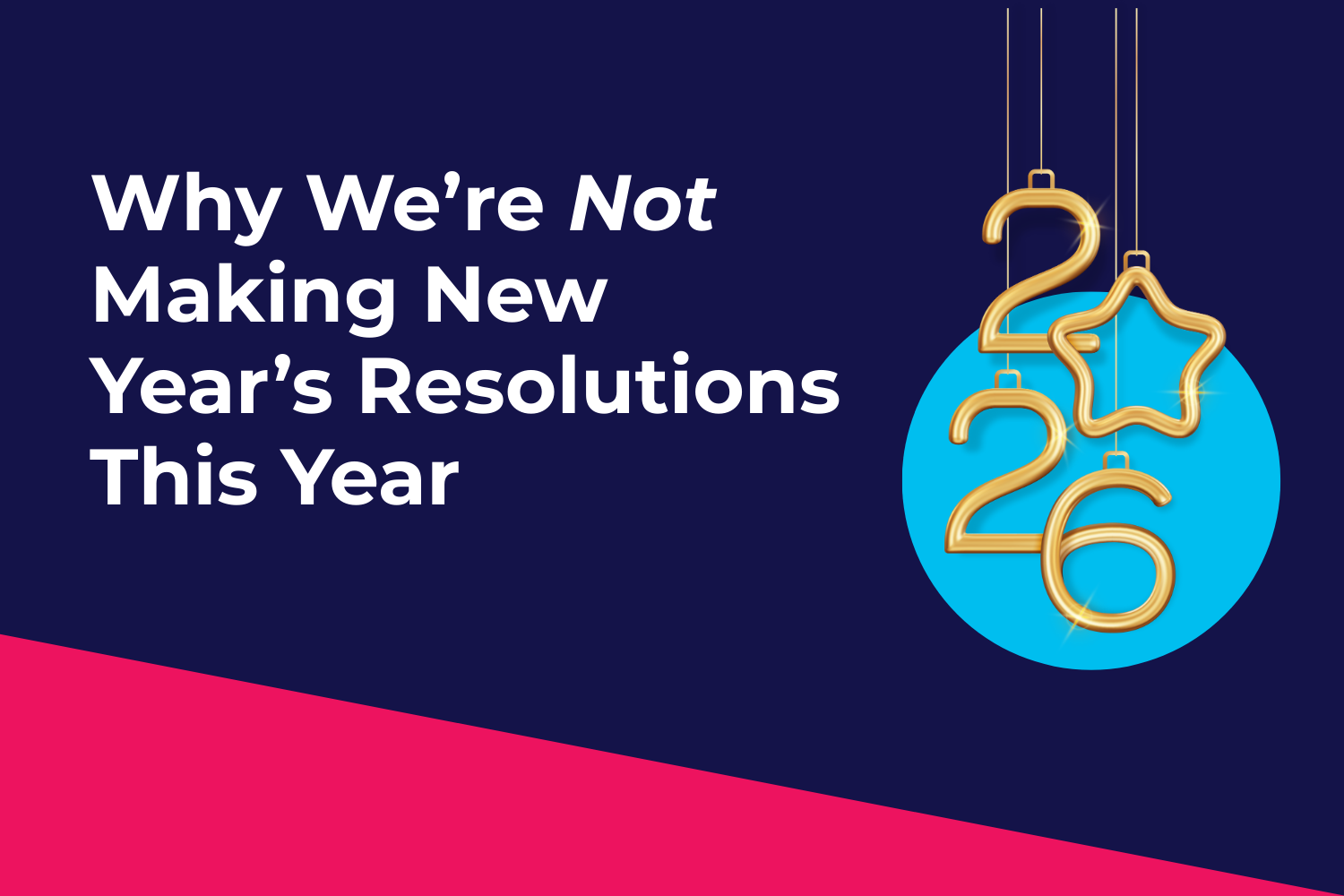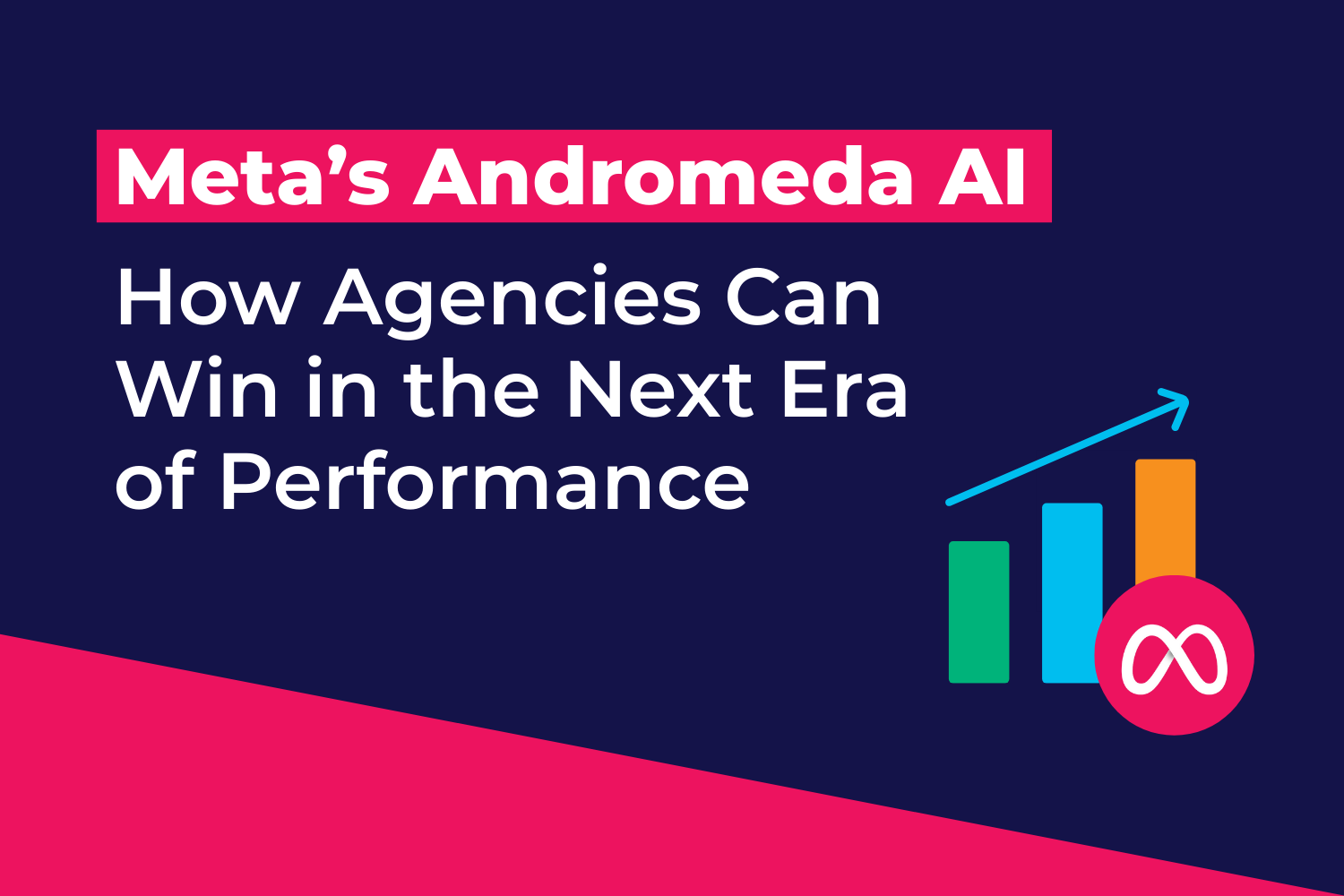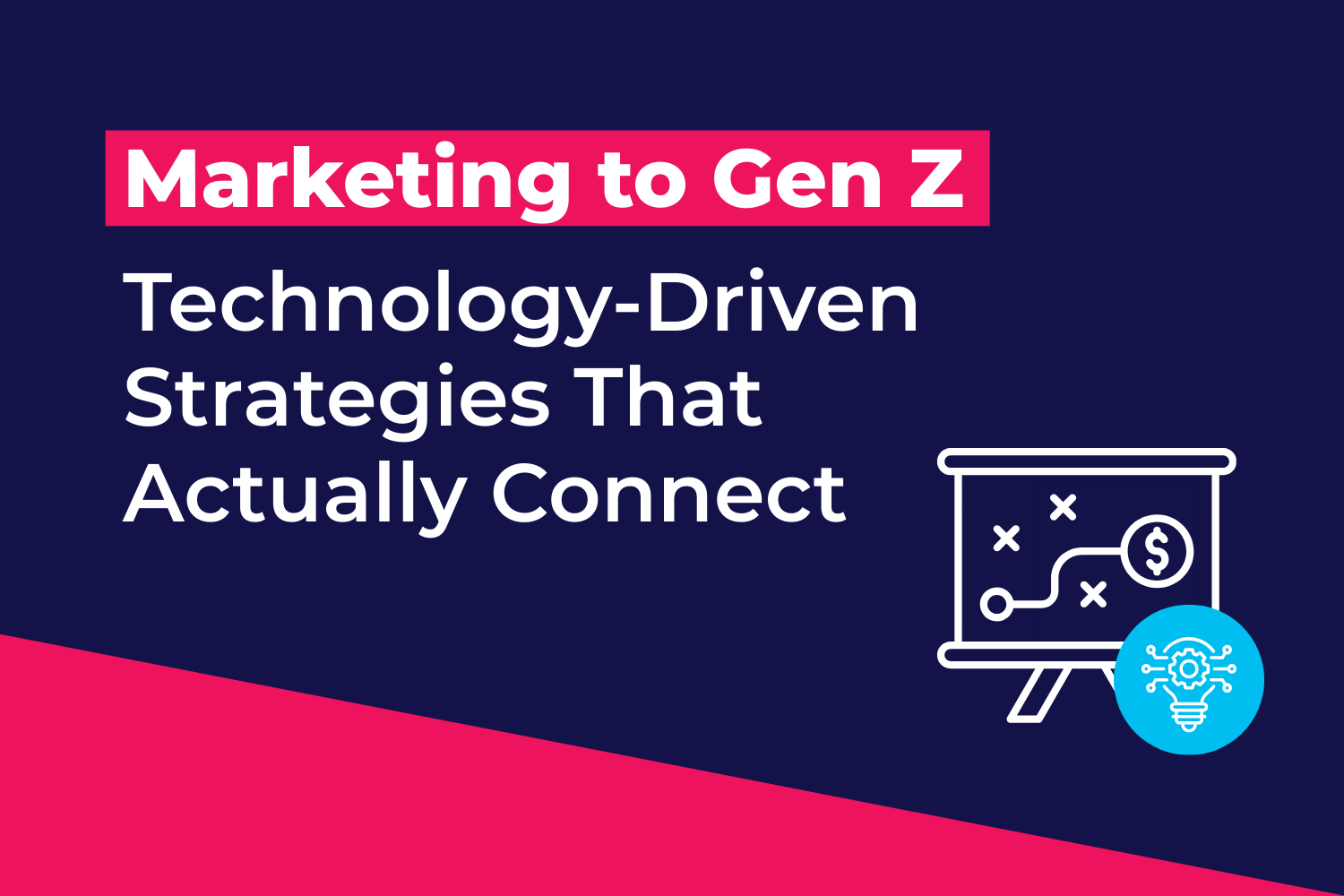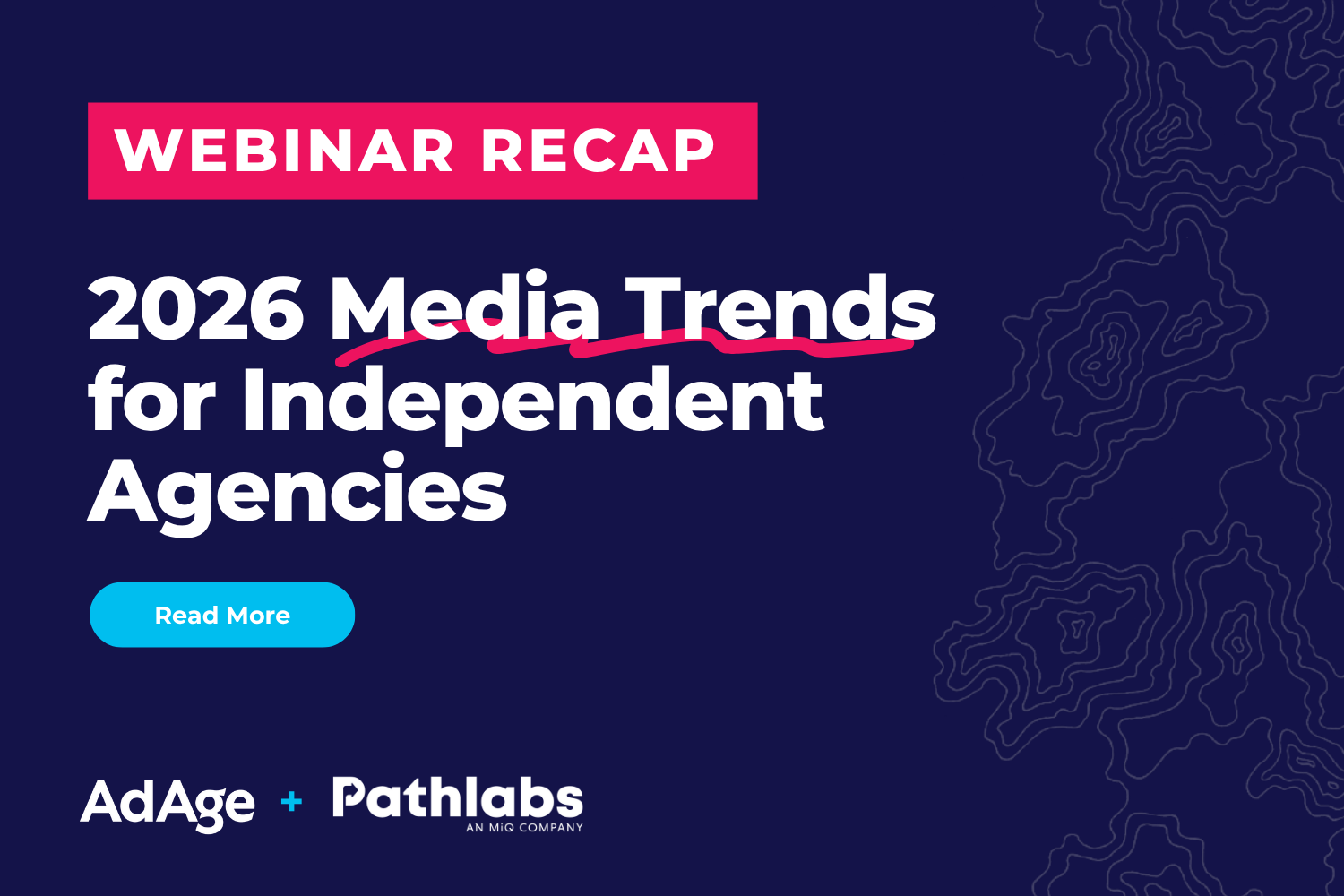What Is a Campaign Strategy?
Every year there are hundreds of elections across the United States where candidates run campaigns to sway voters to perform an action.
This is a tough job; to get a clear campaign message across to an audience about a particular issue or policy, they must have a solid political campaign strategy. This means identifying the right tactics and creative ways to execute media, connect with the general public, spread brand awareness, and win votes.
Outside of this political landscape, in digital marketing, we rely on solid campaign strategies that guide us to meet our different goals. In this article, we dig deep into what campaign strategy is and how it can propel your marketing efforts with the right amount of planning and problem-solving.
What is a Campaign Strategy in Digital Marketing?
Campaign strategy is the methodology, tasks, and activities an advertiser completes to execute a digital marketing campaign. A campaign is a team's plan or actions to meet specific objectives.
“A media campaign is a planned, integrated marketing effort to achieve a business goal through messaging within advertisements.
A campaign is a formal plan to achieve a specific goal, while the campaign strategy is the team's steps to complete it.” -Kristen Lothrop, Vice President of Media Services
Let's say a marketing team aims to boost online conversions for bottom-funnel customers. The campaign goal is to increase conversions by a specific percentage. The campaign strategy is the methodology the team uses to reach the goal.
The strategy might include various advertising methods, like dynamic search ads, adding additional attribution touchpoints, capitalizing on paid social efforts, or boosting retargeted ad spend to a specific user.
There are two facets of campaign strategy. First, a campaign differs from a standard marketing plan because it tends to be more specific and targeted. While a campaign focuses more on a particular initiative or goal, the marketing plan is often broad and encapsulates all marketing efforts for a team.
Second, a campaign strategy is more than just a one-size-fits-all methodology. Every marketing team will develop a different approach unique to their industry, goals, and constraints.
Why Do You Need an Online Campaign Strategy?
Marketers should use campaign strategy because it gives a rhyme and a reason for executing their marketing efforts and adds other sideboards to the project.
For example, let's say a team wants to boost social media engagement by a certain percentage. In that case, it should establish an outreach campaign and fine-tune the strategy details. This includes determining KPIs, campaign length, budget, tasks, and which platforms to use.
A little pre-planning and strategizing works wonders for campaign success. It also caters to optimization and exploration for the marketing team.
If the marketing team intentionally forms a search ad campaign over a month, they can easily track which keywords they bid on, how much they spend, and what drove the most conversions throughout the campaign.
By keeping track of this info, the marketing team can build off it for future campaigns, slowly improving it. Compare this to a team that doesn't track keyword success, conversions, or ad spend and has to reinvent the wheel every time they create a new campaign.
Key Elements of a Digital Campaign Strategy
No two campaigns are the same, and execution strategy varies. However, most campaign strategies take into account the following elements:
Tangible KPIs and Overarching Goals
Before a team can formulate a strategy, they need to identify goals. This means identifying where they currently are and where they want to be after executing the campaign.
If the team's goal is to generate awareness, they should iterate on this further, identifying the specific metrics they could measure to deem this goal met. They may measure this in a survey's conversion rates, clicks, or familiarity ratings.
If the team wants to decrease customers falling out of the funnel before they convert, they may consider setting a goal to convert 50% of the customers the team retargets.
The team knows what they are shooting for by nailing down these goals. Determining strategy before goals puts the cart before the horse and puts the campaign at risk of misalignment between plans and execution.
“Understanding the business objective is crucial to planning effective campaign strategy, goals, and KPIs. The Who, What, Where, When, and Why approach is an easy way to spark what questions to ask. What is the overarching business objective? Who is the target audience? Why are you even doing the campaign?”
Pre-determined Channels and Targets
A successful marketing campaign strategy must have a target audience. If marketers know that a particular channel or location holds their potential customers, they can better craft a plan to reach them.
For example, if a firm knows its key demographic is Gen Z, ages 18-22, it would form a strategy of using social media advertising and bidding on keywords younger groups tend to search.
Smart Usage and Integration of Content and Media
This is one of the essential elements of campaign strategy because deciding the media type to use plays a huge part in pulling in the customer.
Marketing strategies with the highest impact use content appropriate to the advertising context. For example, if a campaign strategy includes display ads, marketers must tailor the content with a solid call to action and attractive design.
Strong marketers also tend to use an integrated marketing strategy in their campaigns. This is using two or more types of content, platforms, or ad formats to expand the reach of a campaign.
Fixed Length & Timeline
Campaigns aren't meant to last forever. Every successful campaign should have some parameters around its duration and longevity. Strategies change, and segmentation and cross-comparison make it easier for marketers to optimize and make meaningful improvements.
Although there is no standard length for a campaign, at Pathlabs, we run experiments for four to six weeks before deciding whether it works. For our clients who are more confident in their strategy, these experiments may last anywhere from six to twelve months.
“At Pathlabs, we do not have one-off campaigns for clients, but holistic campaigns over multiple months to a year, which may have some constant, always-on branding and conversion strategies, as well as seasonal activity and pushes. We never forget about campaigns either – we are constantly optimizing and making recommendations when campaigns are live.” - Laurie Devore, Senior Account Manager
A good rule of thumb is to keep it long enough to get a solid amount of data to analyze and short enough to allow for modifications and campaign optimization.
Adhesive Budget
A campaign strategy should also consider a fixed budget. Many marketers throw away dollars when they need short-term results and need to track how much they are spending. Instead, marketers should allocate a set amount to each campaign and spread it out based on the delivery method.
Attribution Considerations
Marketers need to determine if their campaign strategy is working or not, especially if they run multiple campaigns at the same time. When constructing a new campaign strategy, the team should consider the numerous touch points a user may engage with before or during conversion.
The next step consists of identifying how the team tracks each touchpoint. They may insert a Google tracker or look at the metrics of one of the media planning or programmatic tools they use to execute the campaign. Knowing which touchpoints drive the most conversions tells the marketer which strategies to lean into.
Defining Your Marketing Campaign Strategy Goals
A marketing campaign strategy is not a one-size fits all approach; every marketing team has different standards of success.
“Teams must define success before a campaign starts. If their primary concern is driving conversions, all campaigns will be set up with a cost-per-conversion KPI. Every KPI should connect directly to the place and running of the campaign. However, when defining these goals, the following four categories should be considered: problem and goal framing, people, processes, and technology.”
Problem & Goal Framing
What is your intention with this campaign? Awareness generation? Pushing bottom-funnel conversions? Promoting the release of a new product?
What current marketing methods or styles do you implement? Which works well? Which don't?
What specific outcome should this campaign strategy meet to deem it successful? A particular boost in conversion rate or ROI? Meeting certain KPIs? Using up ad spend?
Is this campaign structure and format the best way to meet the overarching goal?
How is the team sure this strategy will work? Is there historical data or market research that can back this up?
People
Who are the ideal end users of this campaign?
What is the specific action this campaign should prompt them to complete?
Who is going to be running the majority of the marketing efforts? A media planner, media activator, program manager, digital media manager, or media execution partner?
Does the marketer(s) have experience in running similar campaigns in the past?
What is the average workload for each employee?
Who are the competitors that share similar goals? How are they reaching their objectives? Should the marketing team assimilate or diversify its campaign strategy concerning competitors?
Are there any external services the team must utilize to boost campaign success?
Such as outsourcing, programmatic partners, using performance-based model, etc.?
Processes
What is all that needs to be done to achieve this goal?
How much budget is available to run the campaign? How long should this campaign take to maximize budget, team bandwidth, and optimization efforts?
What, if anything, in this campaign could be automated?
What is the best allocation of campaign execution tasks?
Technology
What platforms or channels are used for this campaign? Google Ads? Media Planning Tools? Social media platforms or just a website?
Should we consider using programmatic platforms to help get the job done?
How can we track our campaign progress and attribute which touchpoints worked best?
What is the digital content and media that this campaign will use?
The Challenges of Running an Effective Campaign Strategy
Selecting the Proper Channels and Delivery Methods
Many digital media and content options, including audio, video, mobile display, search, native, CTV, and DOOH, multiple prompt questions for marketing campaign planners.
Which social media channels are most accessible for your team and users? How much budget should be spent during the marketing campaign? Should the campaign be direct to consumers, or should it allow potential customers to interact with the business more and produce user-generated content?
These questions can overwhelm marketing decision-makers. So before making any decisions, they must identify which goals they want to reach.
Think of the Pareto principle; 20% of campaign planning and strategy will generate 80% of the campaign outcomes. The team can narrow down its many options by understanding the overarching goals before selecting the campaign strategy.
Expertise and Talent Supply
After reading this blog, marketers may think that all of their problems rely on their campaign strategy. However, teams fail to reach their goals for other reasons, such as team structure, knowledge, budget, or value proposition.
The first step to curb this challenge is to be honest with yourself and your team. Ask the question: is our strategy causing this success bottleneck, or is the team biting off more than it can chew? Do we need the right talent or expertise to make this campaign work?
Although it can be discouraging if the answer to these questions is 'yes,' this can chart a path to fixing them. Identifying weaknesses and limits to the team's potential may allow room for new opportunities for training and developing an employee's personal toolkit. In addition, the team may outsource to a reliable agency or work with a performance-based model or programmatic partner.
Meeting Deadlines
When planning new marketing campaigns, we get excited thinking about all the different initiatives and strategies we could implement. However, when it comes to actual execution, we only complete a small chunk of these goals. To avoid disappointment, marketers must scale back their campaign strategies and focus on specific objectives that can be met in a tangible and realistic timeline.
Many campaign lifetimes depend on budget. So before formulating any campaign plans, the marketer should have the amount of money they can use. Once this is complete, depending on the predicted duration of the campaign, the marketer should map out how to allocate the funds.
When handling this part of the campaign planning process, the team should put their plans under much scrutiny.
Could we implement this in time? Should we set early deadlines in case one campaign element falls through? Is our current strategy the best way to meet our goals in a reasonable time frame? Do we need to utilize media planning tools or programmatic platforms to speed up processes and maintain organization?
Today, thanks to programmatic technology and real-time bidding, marketers can also opt for machine learning-powered platforms that execute campaigns for them. This speeds up campaign processes giving the media activator more of an oversight role for the campaign execution.
In Conclusion...
A strategy-based campaign is always better than freely running ads without specific targets or goals.
Developing a campaign strategy is a great way to take a step back and meticulously identify how a campaign should contribute to the company's overarching goals.
With more media channels, content types, and marketing-automation platforms, campaign strategy is becoming less of a norm and more of a need-to-do process to survive.
Want to fine-tune your campaign strategy? Reach out to Pathlabs to see how we can become an extension of your team.






